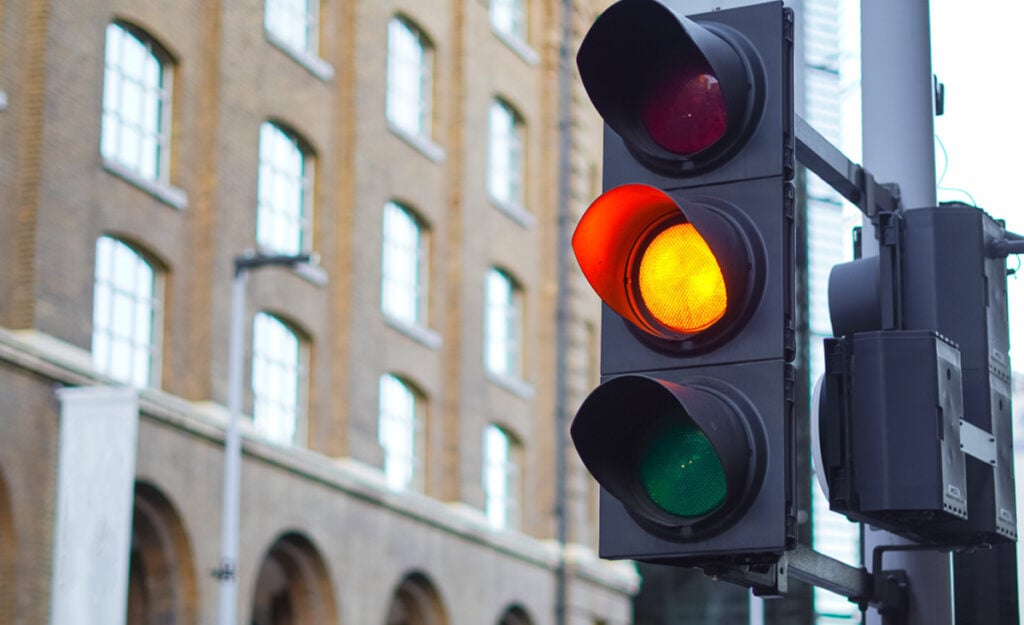
The National Treasury of South Africa outlined its plans to address the country’s soaring petrol prices in a presentation to parliament on 15 March 2022.
The proposals consist of four options, of which a combination would likely prove to be most effective, reported BusinessTech.
These options include:
- A potential one-off reduction of between 3 cents and 18 cents per litre.
- A review of the Regulatory Accounting System (RAS) methodology for petrol could result in a decrease of R1.03 per litre.
- Revising the Road Accident Fund Levy to make up a lower total of the current Basic Fuel Price (BFP).
- The possibility of a fuel price cap.
The one-off price reduction could be introduced immediately as part of a recommended BFP review, said the Treasury.
The other three options would take significantly longer to implement.
In fact, the investigations required to review the RAS could take years – with estimations that consumers would only see results by 2028, and considerations for a fuel price cap would require similar investigations.
A reduction in the RAF levy should be possible, as the RAF could see operational changes and improvements over the next three years, said the Treasury.
Currently, National Treasury regulated levies account for 30% of the total fuel price.
Huge price hikes
The proposals made by the Treasury to parliament come in the same week that the Central Energy Fund released its mid-month fuel data.
This data shows that petrol prices are expected to increase by at least R2.19 per litre in April, with diesel prices expected to increase by a minimum of R3.12 per litre,
With petrol at over R21 per litre, this would see South Africans paying another record-high price for fuel next month.
Treasury’s statements also differ from what it said in a previous presentation to the Department of Mineral Resources and Energy.
The Treasury had said that food and transport subsidies would see greater success than attempts to review the BFP.
Another suggestion included encouraging people to work from home to reduce consumption.
As a last resort, the Treasury also warned of the possibility of limiting the amount of fuel available to each motorist at petrol stations.
The reasoning for these measures, the Treasury argued, is that petrol prices are currently an international concern driven by geopolitical factors outside of South Africa’s control.











